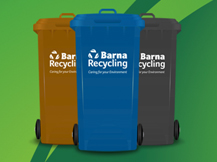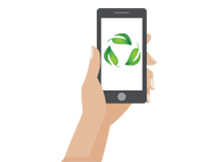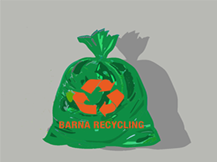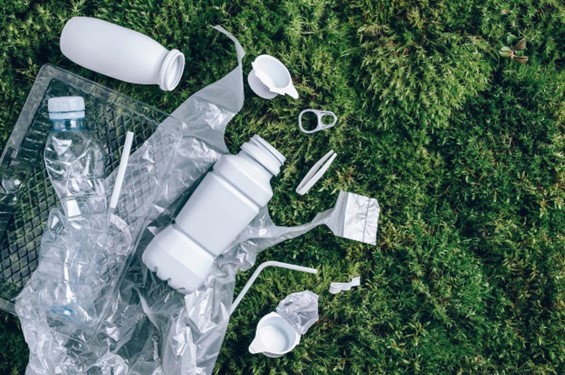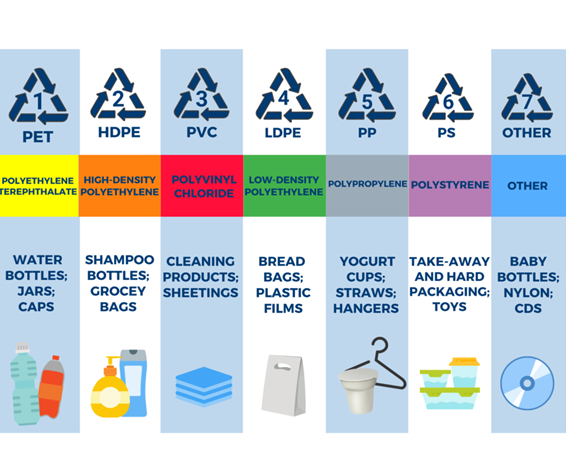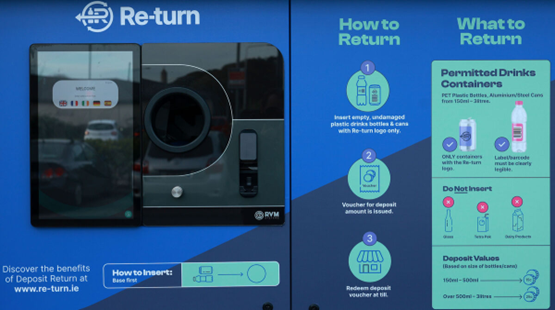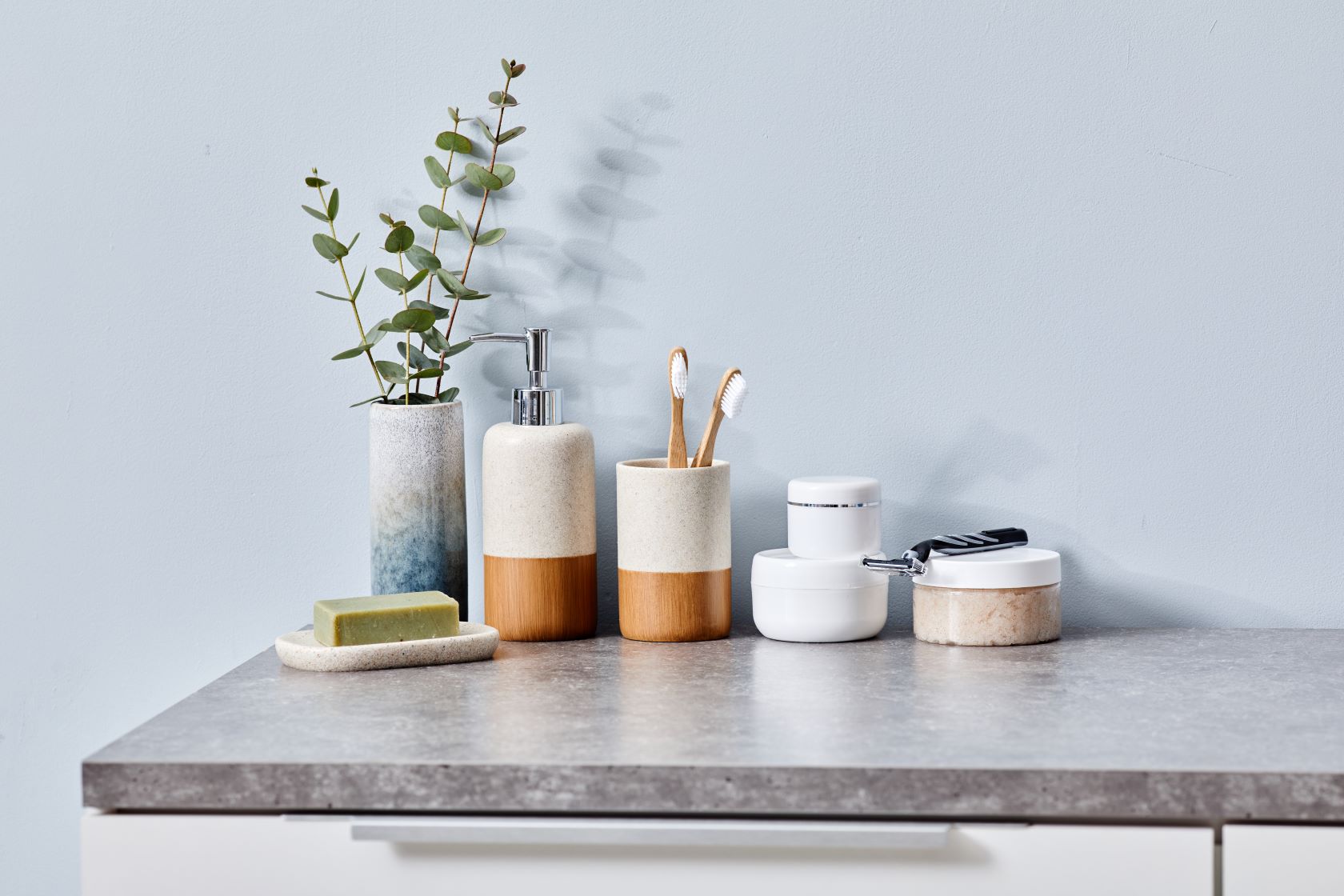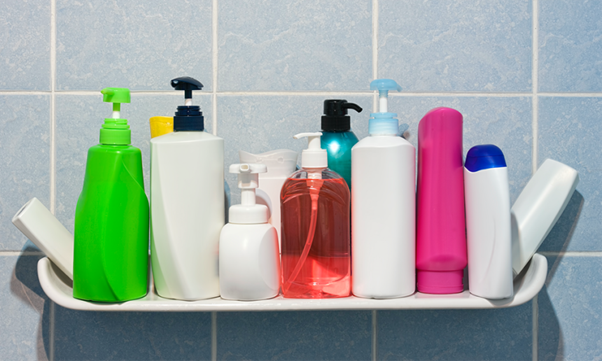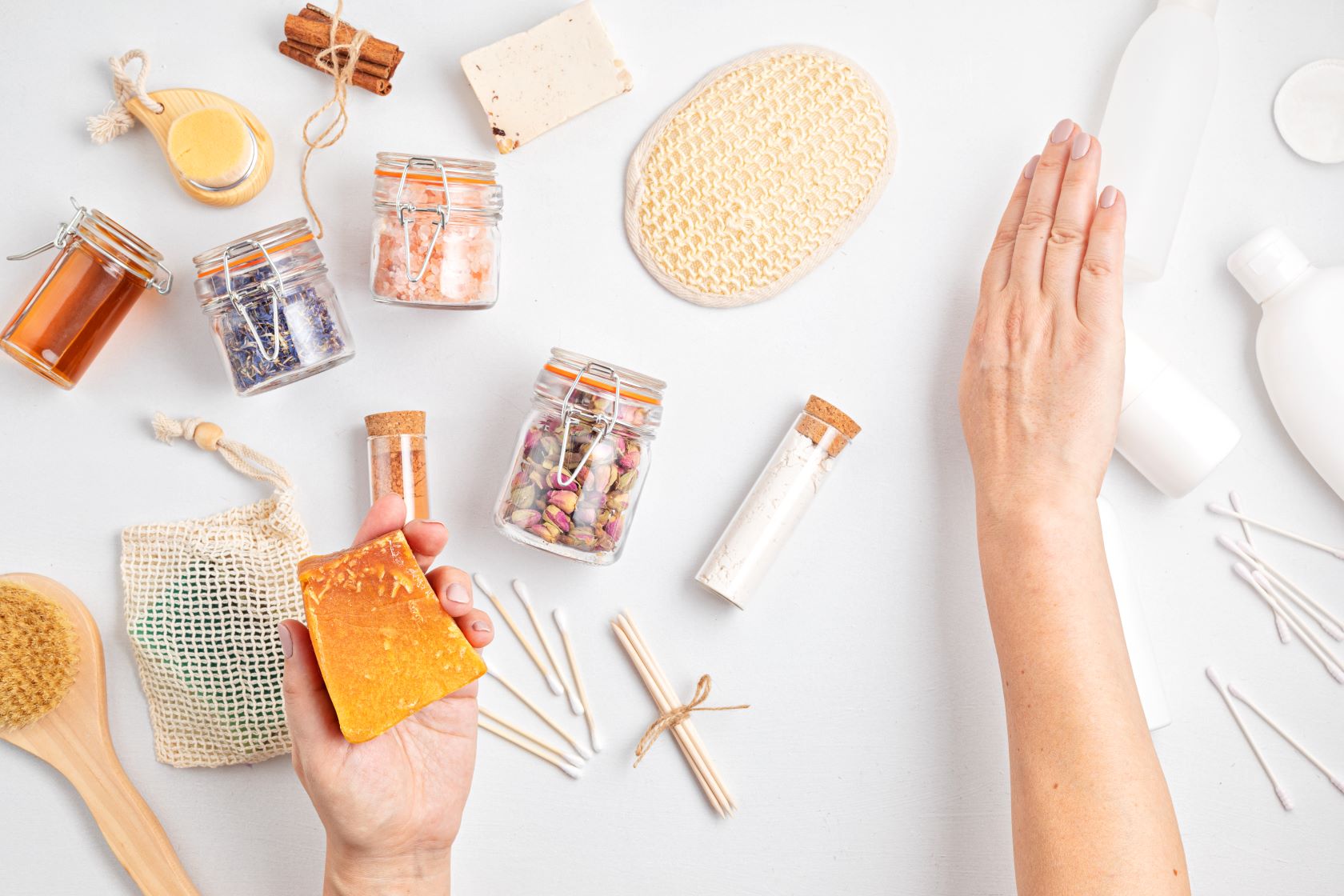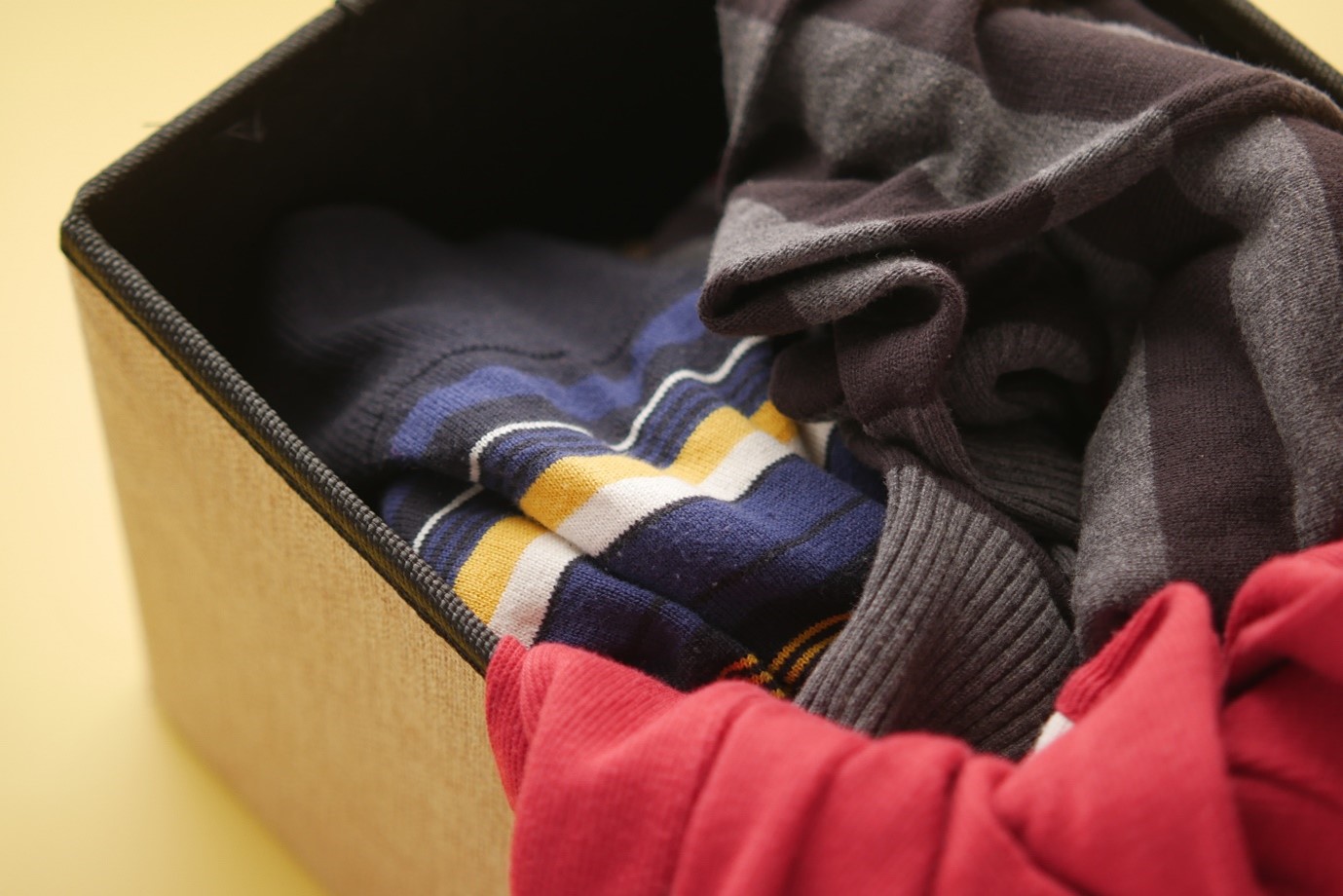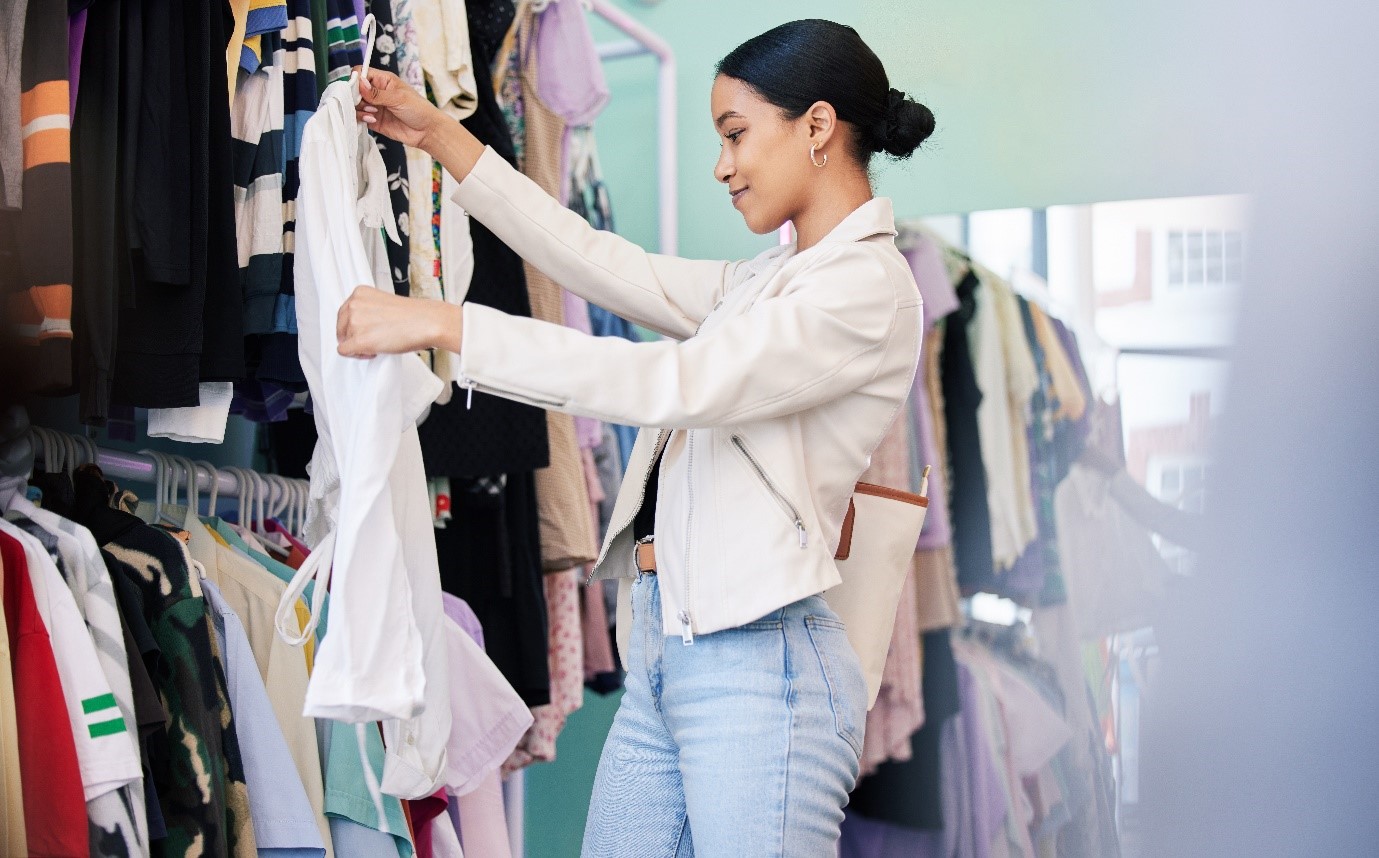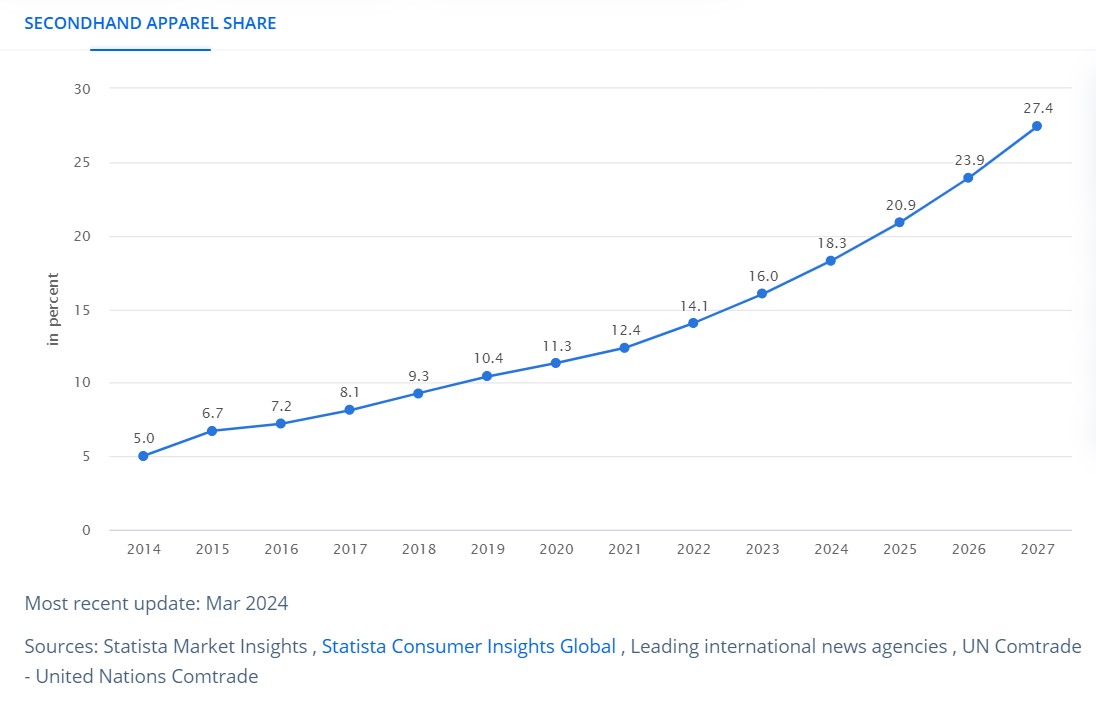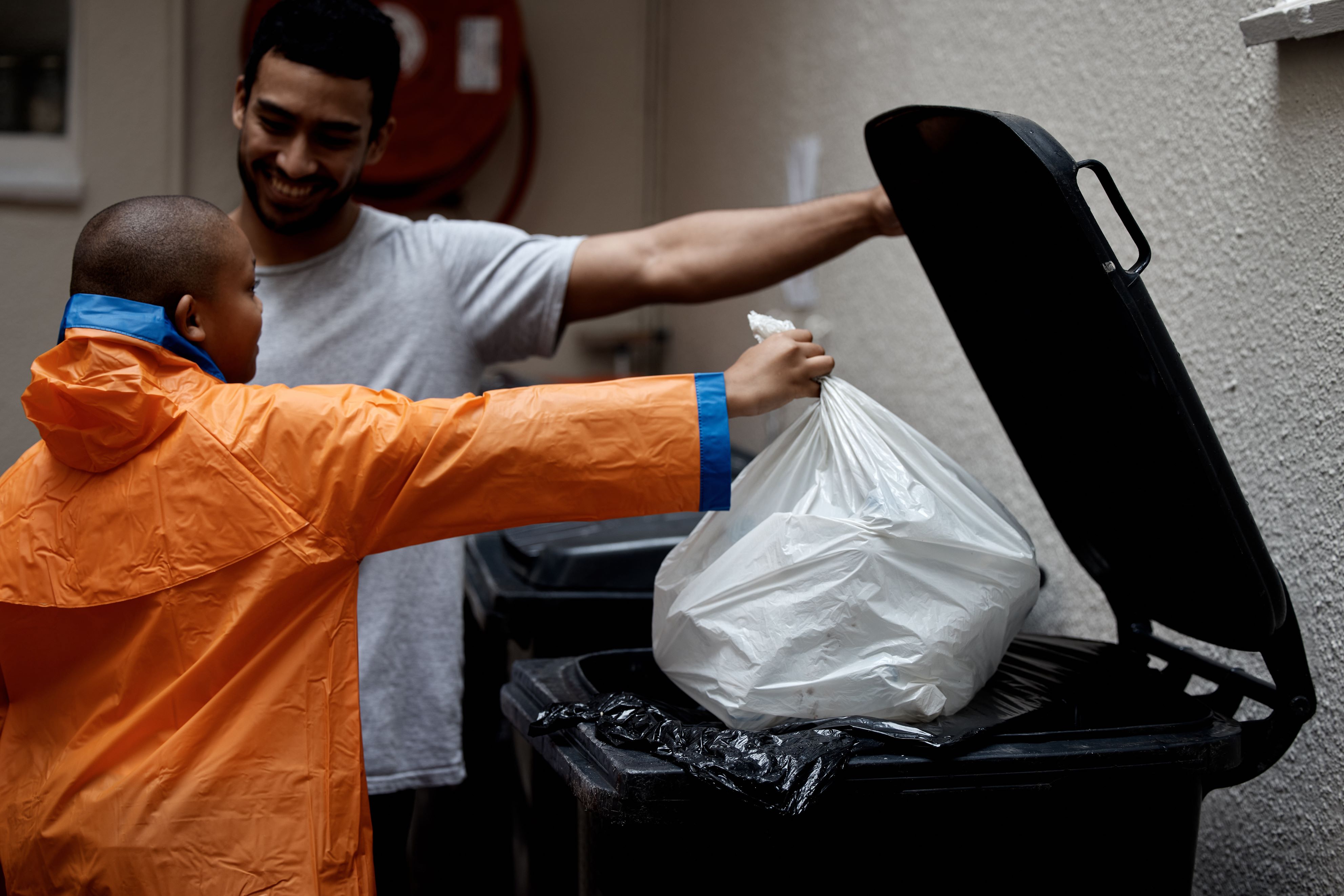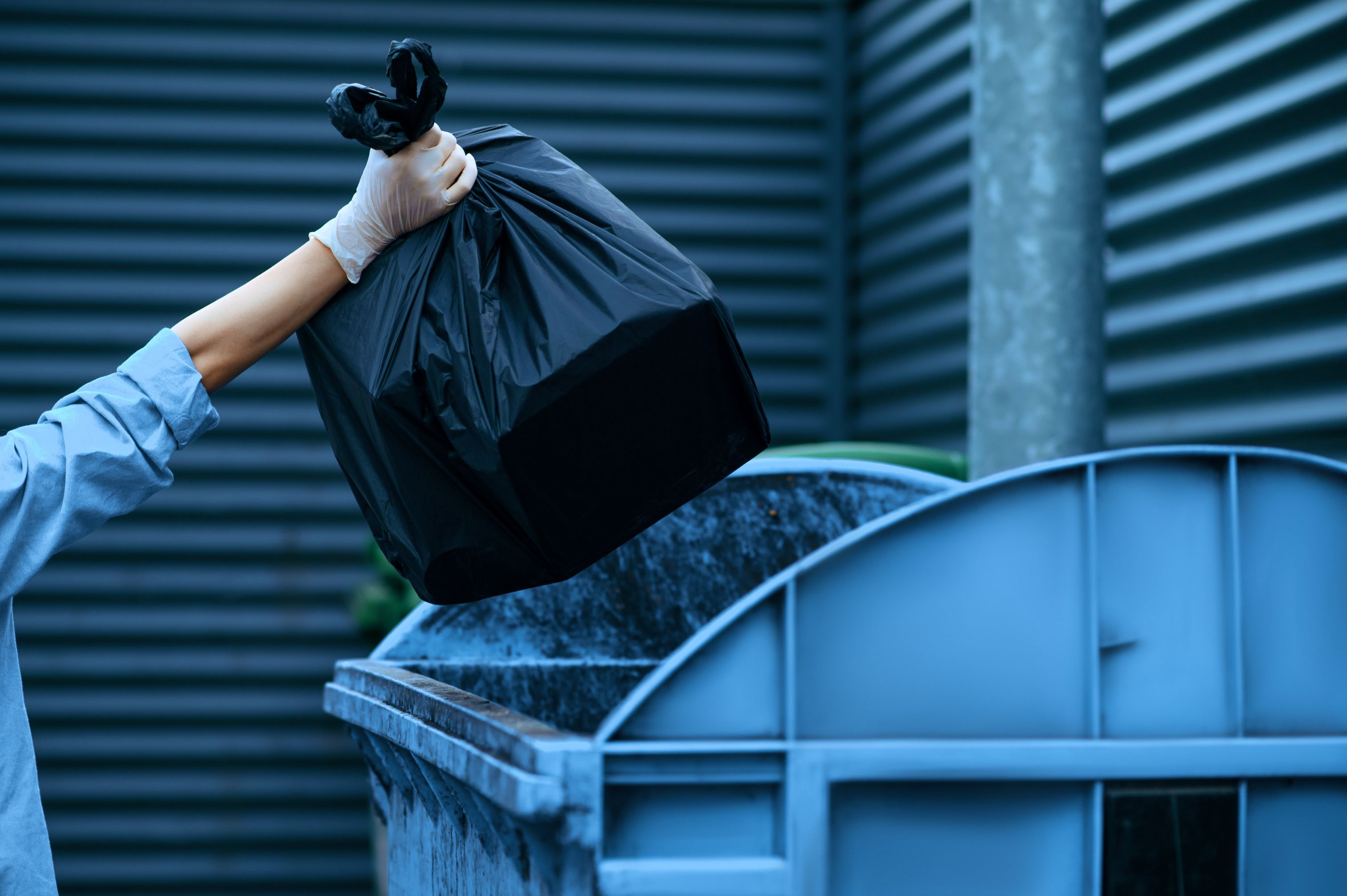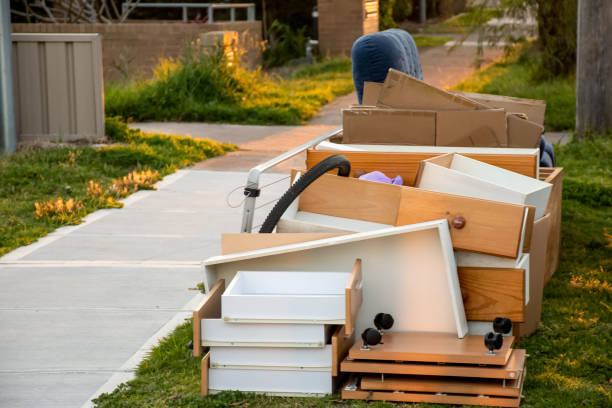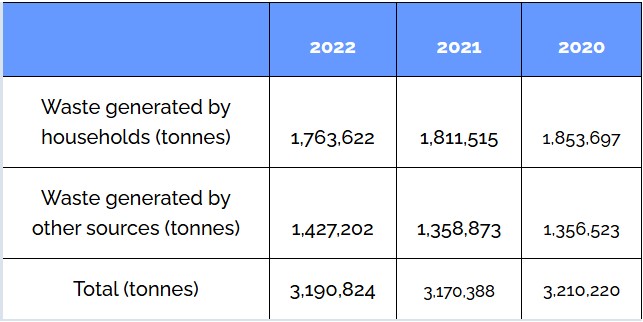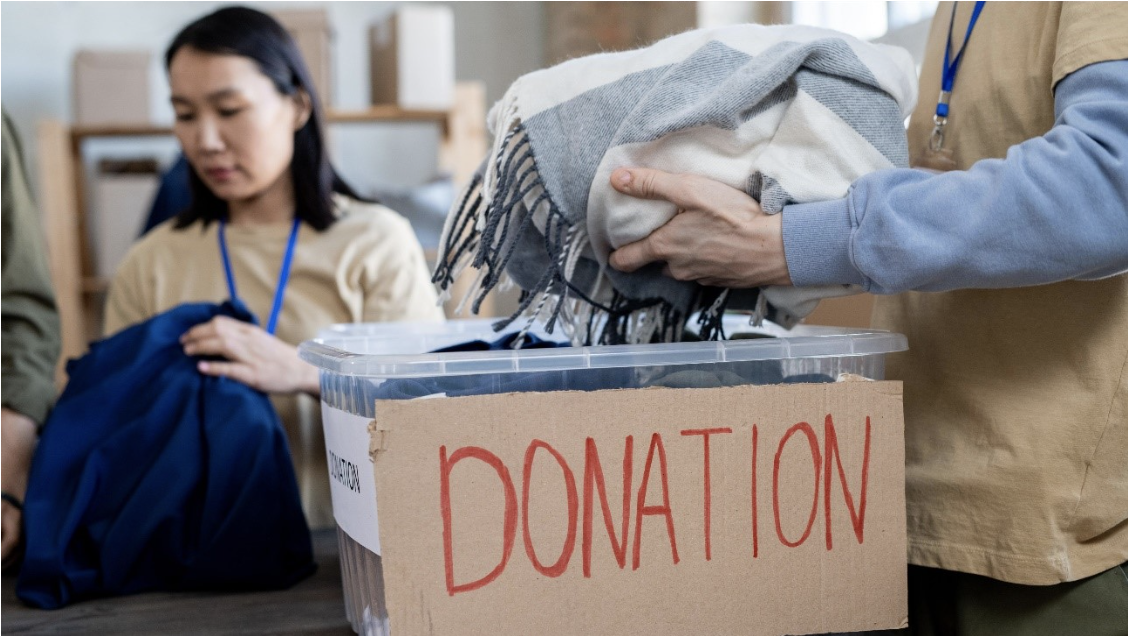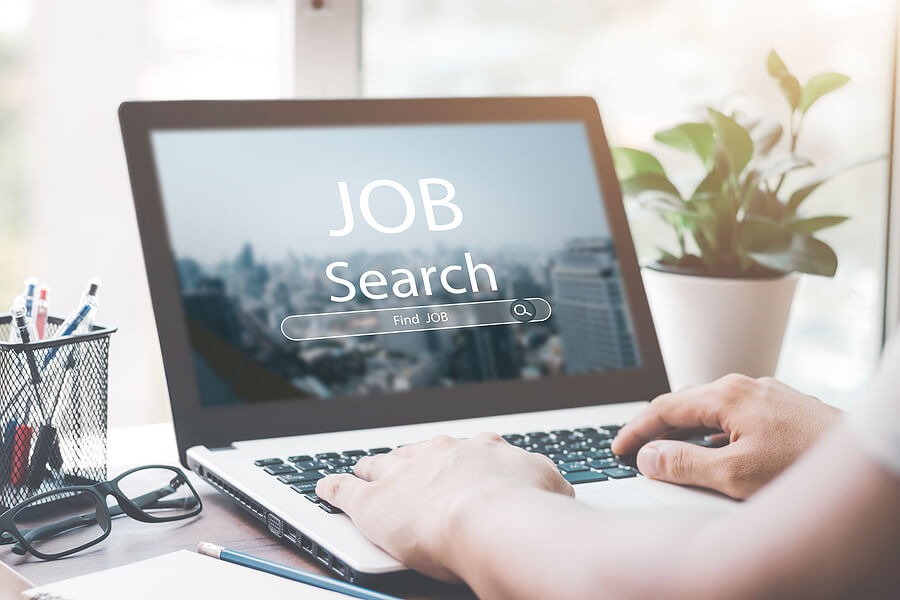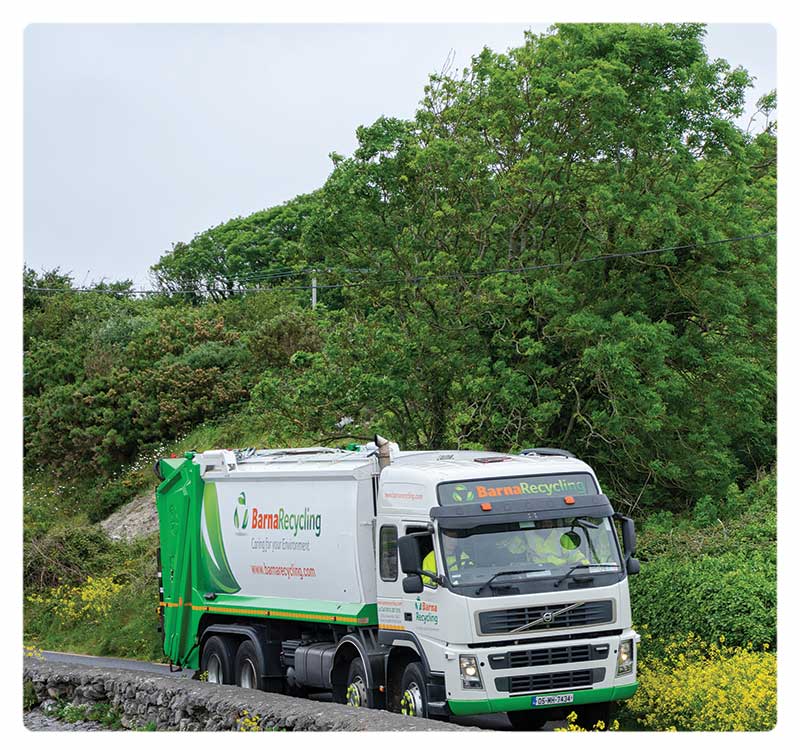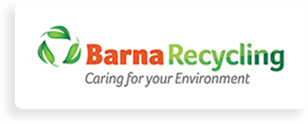- Barna Recycling
- Jun 24, 2025
How to Reduce Plastic Waste: Simple Changes That Make a Big Difference
Let’s talk plastic! Picture this: you unpack your groceries and end up with more plastic than food. Sound familiar? You’re not alone. Irish homes are awash with plastic packaging, but did you know that of the 372,000+ tonnes we generated in 2021, only a tiny fraction (just over 26,000 tonnes) was actually recycled? That’s a serious problem, but also a huge opportunity for change.
Source: https://www.epa.ie
At Barna Recycling, we know that tackling plastic waste starts with everyday habits at home. In this post, we’ll show you how to reduce plastic waste with realistic tips, bust some recycling myths, share how Ireland is improving, and give you a peek behind the scenes of what happens to your plastics once they leave your blue bin.
First Up: What Even Counts as Plastic Waste?
Plastic waste is any used plastic that’s thrown away. Think food wrappers, drink bottles, cling film, and those little nets that come with fruit. The issue? Most of it sticks around for hundreds of years, polluting land, sea, and even our air as it breaks down.
Some of the worst offenders are single-use plastics: packaging, wrappers, straws, and takeaway containers. These items are used for minutes but can linger for centuries. Reducing our reliance on these throwaway plastics is one of the most effective ways to cut down on waste.
How to Reduce Plastic Waste at Home: Easy Changes That Stick
You don’t need to go zero-waste overnight. Here are a few ways to make a real dent in your plastic footprint:
- Buy in bulk – Fewer packages, less plastic.
- Use reusable items – Invest in a durable water bottle, coffee cup, and shopping bags.
- Say no to plastic-wrapped produce – Choose loose fruit and veg where possible.
- Avoid microplastics – Switch to natural fibre clothes and check cosmetics for plastic beads.
- Support local and eco brands – Seek out businesses that use biodegradable or minimal packaging.
- Get crafty – Repurpose plastic containers for storage, crafts, or garden use.
- Teach your kids – Instilling recycling habits early makes a lifelong impact.
These simple choices can significantly reduce the amount of plastic leaving your home each week.
Can I Recycle Soft Plastic Now?
Yes, finally! Since 2020, Irish recycling centres (including Barna’s) can now accept soft plastics like bread bags, bubble wrap, and toilet roll wrappers. These used to be sent to landfill or incineration but are now recoverable thanks to improved technology.
Here’s the quick test: if it stretches rather than tears, it’s likely recyclable. If it feels crinkly and tears like paper, it’s probably laminated and belongs in the general waste bin.
Tips:
- Wash and dry all plastics before tossing them into the blue bin.
- Keep it loose – don’t bag your recycling.
- When in doubt, check our What Goes in My Blue Bin page.
What Can (and Can’t) Be Recycled?
The diagram below is a helpful guide for plastic waste management. The categorisation of plastics helps us to understand which types can be recycled, guiding us to a more sustainable future.
- PET (1) – Water and soft drink bottles (yes)
- HDPE (2) – Milk bottles, shampoo containers (yes)
- PVC (3) – Food wrap, pipes (no)
- LDPE (4) – Shopping bags, frozen food packaging (check locally)
- PP (5) – Yoghurt pots, margarine tubs (yes)
- PS (6) – Disposable cups, foam packaging (no)
- Other (7) – Mixed plastics (generally no)
When you recycle right, you reduce contamination and help the entire system work better.
How Ireland Is Tackling Plastic Waste: The DRS Scheme
Ireland’s Deposit Return Scheme (DRS), launched in early 2024, is already having a big impact. In February 2025, Re-turn, the operator of Ireland’s DRS, celebrated the milestone of 1 billion drinks containers returned by the Irish public. This milestone shows that the number of bottles and cans returned would be enough to circle the globe 4.7 times.
With return points expanding and public awareness growing, we’re on track to meet our EU targets. This scheme not only rewards responsible behaviour but also keeps recyclable materials in circulation and out of nature.
What Happens After Barna Collects Your Recycling?
Our recycling process starts with you. Once your plastic waste is placed in the household recycling bin, our collection crew collects the recycling bins on the designated day and delivers the waste materials to our EPA-licensed recycling facility. Here’s a behind-the-scenes look at how your waste is handled:
- Collection: Our crews pick up your recycling bins on designated days.
- Sorting: At our EPA-licensed facility, items are hand and machine-sorted.
- Segregation: Soft plastics are separated using high-tech optical sorters.
- Baling: Sorted materials are compacted into bales.
- Transport: These bales are shipped to licensed facilities across Europe for reprocessing into new products.
Plastic Waste by the Numbers: Eye-Openers
- A single plastic bag takes 500 years to decompose
- 90% of ocean waste is plastic
- Recycling just one bottle powers a 60W bulb for 6 hours
- 25 bottles = 1 fleece jacket
- Plastic production uses 8% of global oil
These stats show why every small step matters.
It’s about time YOU took action to reduce plastic waste on OUR planet!
Reducing plastic waste doesn’t have to be overwhelming. Small, consistent steps, such as buying smarter, recycling right, and supporting systems like the DRS, can add up to a big difference.
Join thousands of Connacht residents already making that change with Barna Recycling. Together, we can build a cleaner, greener, and more sustainable Ireland.
Not with Barna Recycling yet? Sign up today to make your recycling count. Join here.





